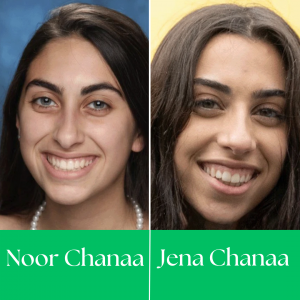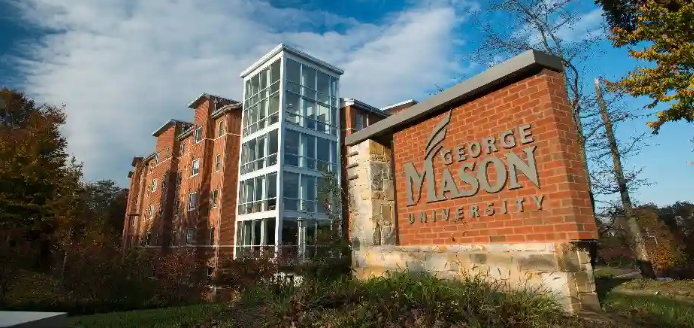In a troubling series of revelations, George Mason University (GMU), located just a short drive from Washington, D.C., has found itself at the center of a firestorm over allegations of anti-Israel and antisemitic activity on its Northern Virginia campus. Recent arrests and law enforcement actions involving students with ties to extremist rhetoric and materials have sparked calls for investigation and accountability at the state and federal levels.
Raid Uncovers Weapons and Hate Materials
The most recent incidents began with the arrest of two Palestinian-American sisters, Noor and Jena Chanaa, prominent leaders in GMU’s chapter of Students for Justice in Palestine (SJP). A police raid on their family home in November uncovered a disturbing arsenal that included AK-47 and AR-15 rifles, ammunition, and an explosive device. Authorities also found antisemitic and anti-American materials, including signs proclaiming “Death to the Jews” and “Death to America,” alongside flags of Hamas and Hezbollah—groups designated as terrorist organizations by the U.S. government.
The sisters, who have been active in campus protests and demonstrations, are alleged to have ties to prior acts of vandalism on the GMU campus. In August, they were reportedly suspected of spray-painting threatening messages like “student intifada” on university property. These incidents, according to reports, caused thousands of dollars in damage and contributed to an atmosphere of intimidation for Jewish students.

Egyptian Student Faces Federal Charges
Adding to the campus’s growing controversy, another GMU student, Abdullah Ezzeldin Taha Mohamed Hassan, an Egyptian national, was arrested in December. Hassan faces federal charges for distributing information related to explosives and planning a “mass casualty attack” on the Consulate General of Israel in New York City. According to charging documents, Hassan’s communications with an FBI informant revealed his intent to target the consulate because it represented the “Yahud” (Arabic for Jews).
The investigation linked Hassan’s online activity to IP addresses originating from the GMU campus. Law enforcement has not disclosed whether Hassan’s actions are connected to the university’s SJP chapter, but his arrest has amplified concerns over the presence of radical elements on campus.
University Response Under Scrutiny
George Mason University has suspended the SJP chapter in the wake of these incidents, pending further investigation. Vice President for University Life Rose Pascarell confirmed the suspension, stating that the university is cooperating with law enforcement but declined to elaborate on the timeline of President Gregory Washington’s knowledge of the incidents.
While Pascarell emphasized that Hassan was not directly affiliated with SJP, the connections of the Chanaa sisters to the group have cast a shadow over the organization’s activities on campus. SJP has been a key organizer of protests and sit-ins advocating for Palestinian rights, but critics allege that some chapters foster an environment that tolerates or even promotes extremist rhetoric.
The developments at GMU have prompted demands for action at both the state and federal levels. Virginia Governor Glenn Youngkin and Congressman Tim Walberg, who will chair the U.S. House Committee on Education and the Workforce, are being urged to investigate the presence of extremist ideologies on college campuses. Some lawmakers have suggested examining whether SJP’s activities constitute material support for terrorism, a designation that could lead to the group’s disbandment.
Critics argue that GMU’s investments in diversity, equity, and inclusion (DEI) programs have inadvertently allowed for the proliferation of anti-Israel sentiment. Despite its reputation as a conservative institution, the university’s perceived leniency toward certain activist groups has fueled accusations of double standards and a lack of oversight.
The Broader Context
These incidents are not isolated to GMU. College campuses nationwide have seen an uptick in antisemitic protests and activism, often accompanied by heated debates over free speech and the boundaries of acceptable discourse. The arrests at GMU, however, mark a significant escalation, with allegations of violence and terrorism bringing national security concerns into the spotlight.
As investigations continue, the university community and the broader public await answers about how a suburban campus became embroiled in such a contentious and dangerous situation. Whether through legislative oversight, law enforcement action, or internal university reforms, stakeholders are calling for decisive steps to address the underlying issues and restore a sense of safety and inclusivity for all students.

